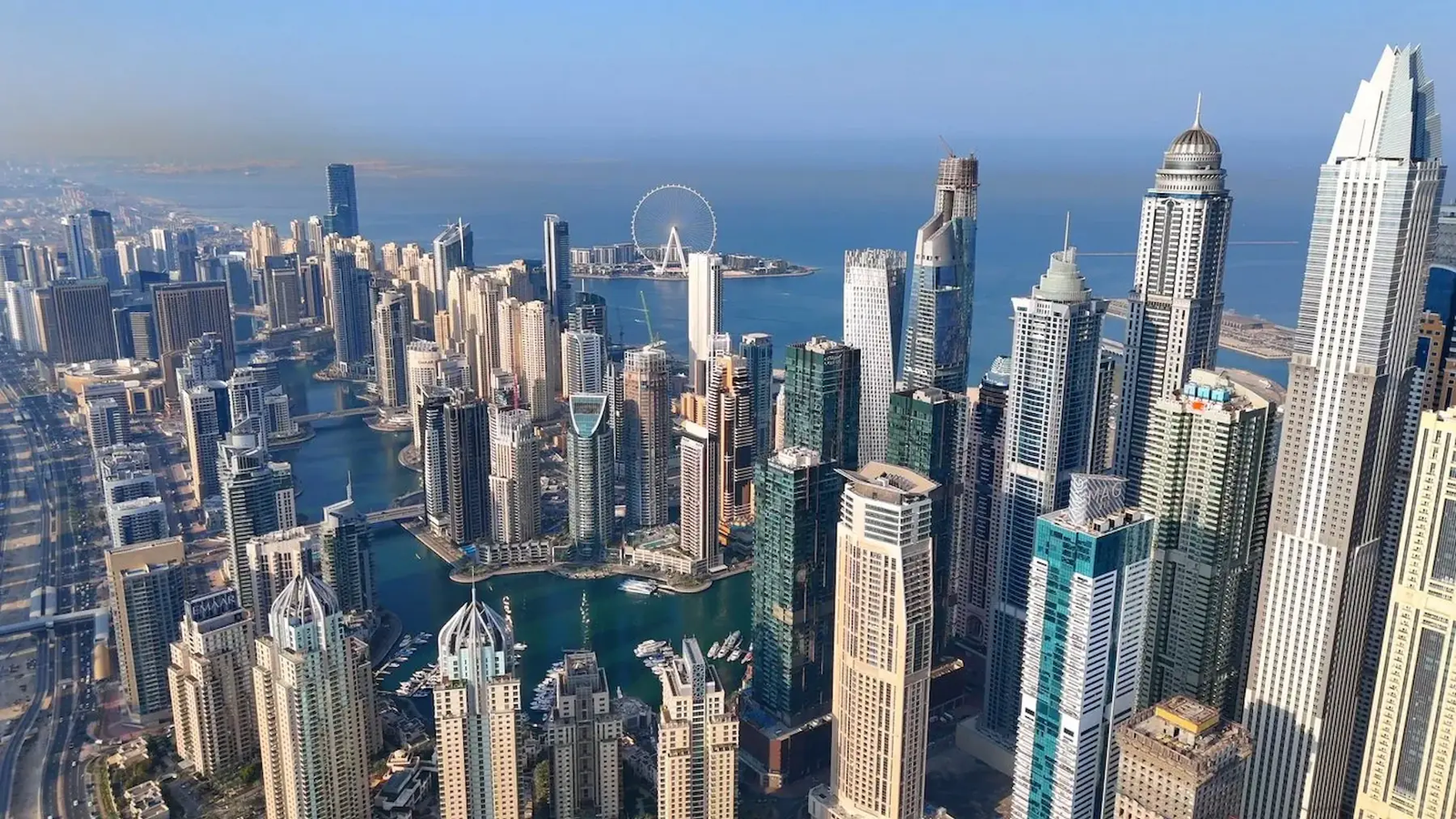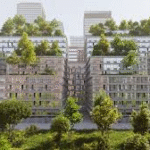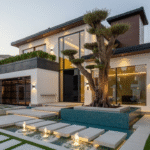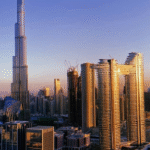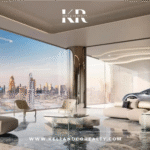Now Reading: Dubai Housing Prices Surprise Buyers with Unexpected Mid-Year Drop 2025
-
01
Dubai Housing Prices Surprise Buyers with Unexpected Mid-Year Drop 2025
Dubai Housing Prices Surprise Buyers with Unexpected Mid-Year Drop 2025

Table of Contents
The Dubai housing market continues to evolve rapidly in 2025, and the latest updates in July have brought both opportunities and concerns for buyers, investors, and developers. After years of steady growth, Dubai’s real estate sector is showing mixed signs that reflect a complex balance between supply, demand, pricing, and government policies.
This July, the market has recorded surprising price adjustments in certain segments, while others continue their upward trajectory. With foreign investment still strong and local developers launching new projects at a steady pace, Dubai’s real estate remains one of the most watched markets in the Middle East.
Let’s take a closer look at the key trends shaping the Dubai housing market in July 2025.
1. Price Correction in Key Areas

After a high-growth period in 2023 and 2024, the first half of 2025 has shown signs of stabilization. In July, there has been a visible softening in residential prices in high-density areas such as Downtown Dubai and Business Bay. According to recent data from the Dubai Land Department, average apartment prices in Downtown Dubai dropped by approximately 4 percent compared to June 2025.
Experts suggest that this slight correction is a natural result of oversupply and a response to rising borrowing costs. As interest rates globally remain relatively high, buyers are becoming more price-conscious, and the market is adjusting to meet realistic demand.
On the other hand, suburban areas and villa communities like Dubai Hills Estate and Arabian Ranches have maintained price stability or seen minor increases, supported by ongoing demand for spacious homes and green environments.
2. Rental Market Still on the Rise

While property prices may have cooled slightly, rental rates have continued their upward climb. July 2025 saw rental prices rise by an average of 3.5 percent compared to the previous month. The biggest gains were observed in premium beachfront communities such as Palm Jumeirah, Bluewaters Island, and Jumeirah Beach Residence.
The trend reflects an increase in expatriate arrivals, especially in the finance, tech, and tourism sectors. Many new residents prefer renting over buying, especially those testing the Dubai lifestyle or awaiting further clarity on interest rates.
Property owners and landlords are benefiting from high occupancy rates and extended leasing periods, making buy-to-let investments still attractive in the long term.
3. High Demand in Off-Plan Properties

One of the standout stories this month is the continued rise in demand for off-plan properties. Off-plan sales in July have outpaced ready property sales by nearly 30 percent, especially in newly announced master-planned communities.
Developers are offering attractive payment plans, low booking fees, and post-handover options, which are proving popular among first-time buyers and investors seeking flexible entry into the market.
Projects in locations like Dubai South, Jumeirah Village Circle, and Meydan have witnessed high booking rates, with some launches selling out within days. Investors are also betting on the long-term value of these projects, banking on Dubai’s expanding infrastructure and growing population.
4. Luxury Market Stays Resilient

Despite economic pressures worldwide, the luxury property market in Dubai remains resilient and strong. July recorded several multi-million dirham transactions in areas such as Emirates Hills, Palm Jumeirah, and Dubai Marina.
International ultra-high-net-worth individuals continue to choose Dubai for its tax advantages, lifestyle offerings, and political stability. Properties above AED 20 million saw continued interest, especially for branded residences and homes offering privacy and sea views.
Notably, the introduction of new visa reforms and favorable investor residency schemes have helped fuel long-term commitments from wealthy foreigners.
5. Government Initiatives Continue to Boost Confidence

The UAE government has remained active in supporting real estate growth. Initiatives such as the Golden Visa program, relaxed ownership rules for foreigners, and improved digital transparency in property registration are boosting buyer confidence.
July 2025 also saw an announcement from Dubai’s Department of Economy and Tourism promoting sustainable real estate development. Green-certified buildings and eco-friendly housing are gaining attention, particularly from European investors.
Moreover, regulatory bodies are closely monitoring market activity to avoid overheating, learning from past cycles and ensuring the market stays healthy and investor-friendly.
6. Key Challenges and Outlook Ahead

While the Dubai housing market is largely positive, some challenges are looming. Rising interest rates, global economic uncertainty, and construction delays in a few projects could impact momentum in the short term.
Additionally, concerns about oversupply in some zones may affect price growth in late 2025. However, developers are becoming more strategic, focusing on phased launches and customer-centric designs.
Experts predict that the Dubai housing market will remain dynamic but stable, with slight fluctuations depending on location, property type, and global economic conditions. Demand for affordable housing and mid-market properties is expected to grow as younger professionals and new families relocate to the city.
Final Thoughts
Dubai’s housing market in July 2025 is a reflection of a maturing ecosystem. It is no longer just about luxury skyscrapers and mega-villas; it’s about community-driven developments, sustainability, investor protection, and long-term value.
Whether you’re a local buyer, global investor, or someone looking to relocate, Dubai continues to offer diverse real estate opportunities. However, smart decision-making based on research, professional guidance, and future planning is more important than ever.
As we enter the second half of 2025, eyes will remain on interest rates, upcoming mega-projects, and changes in global investment flows all of which will influence Dubai’s property journey.
Read More:- Deyaar’s Latest Announcement Shakes Up the UAE Property Market



